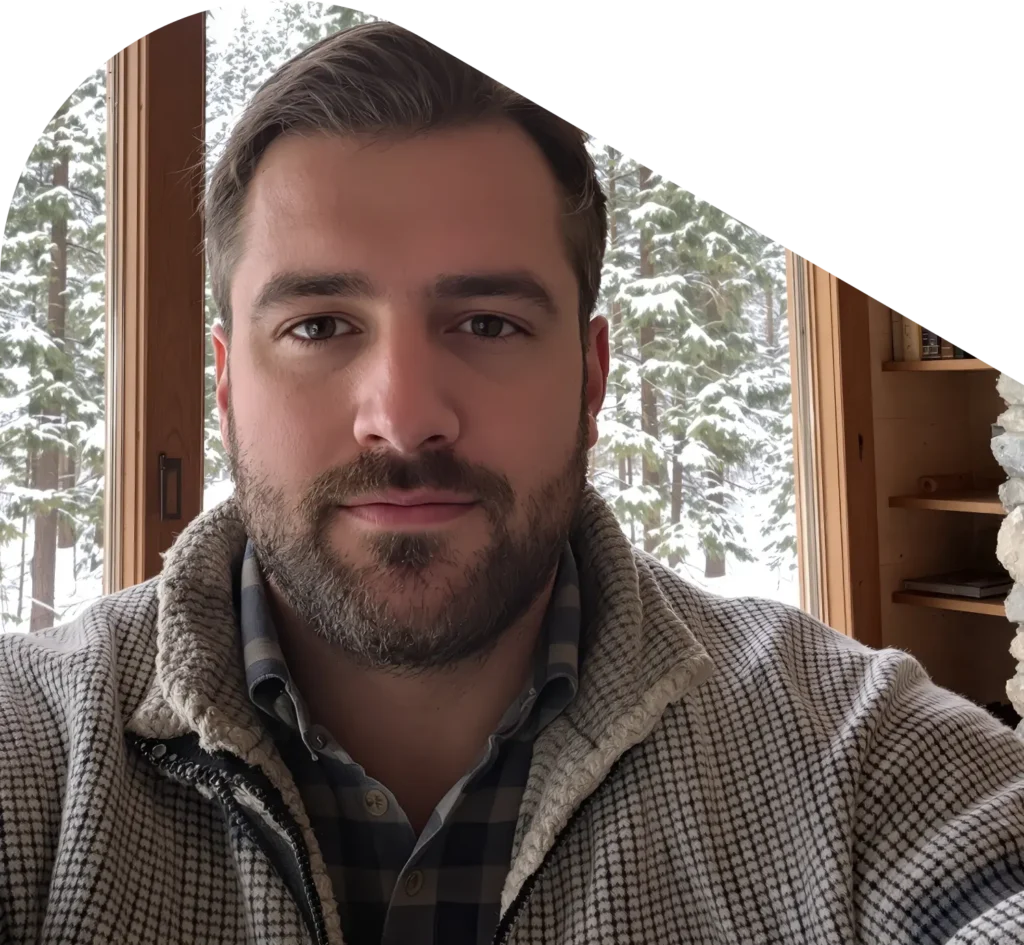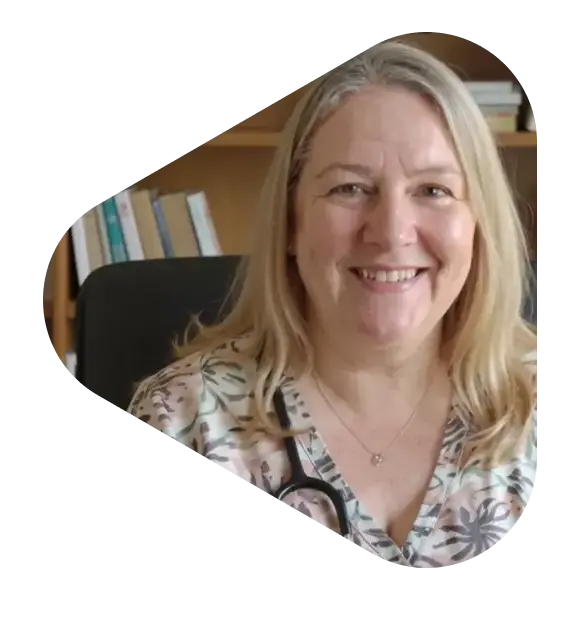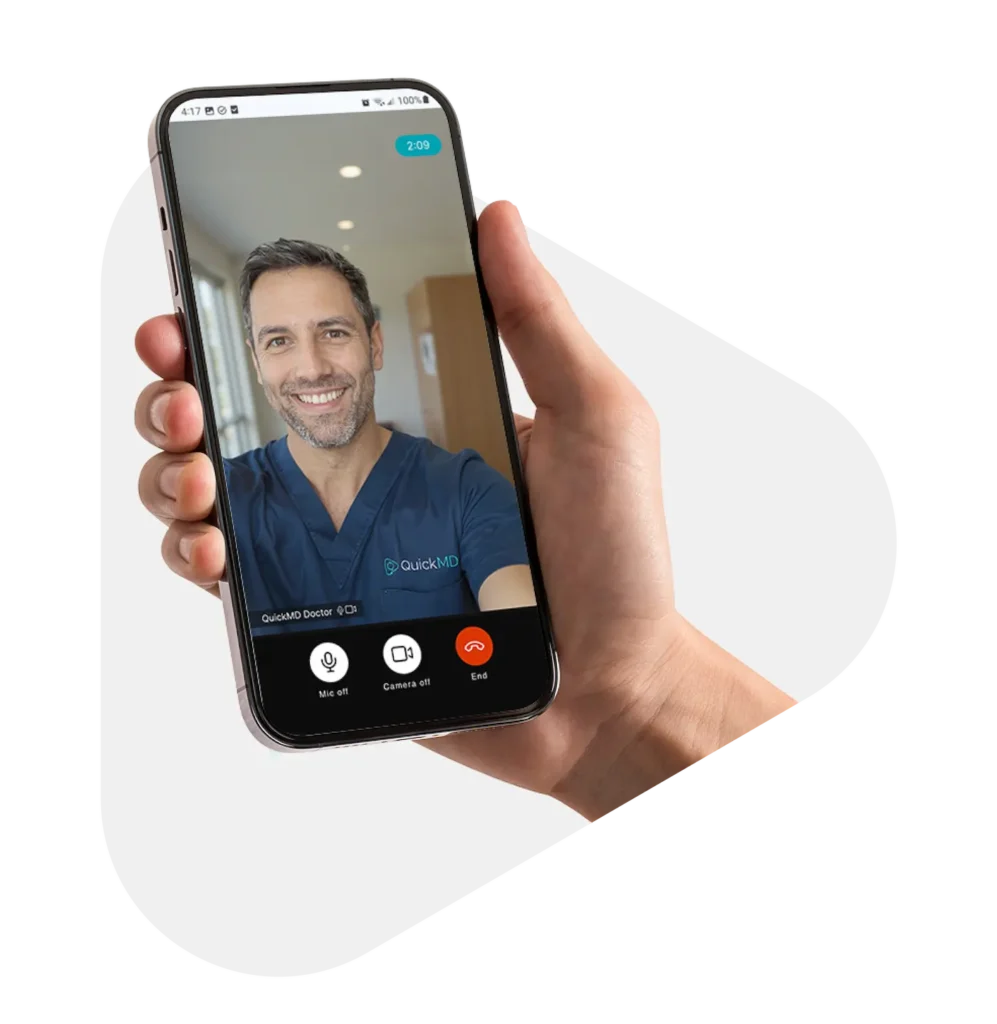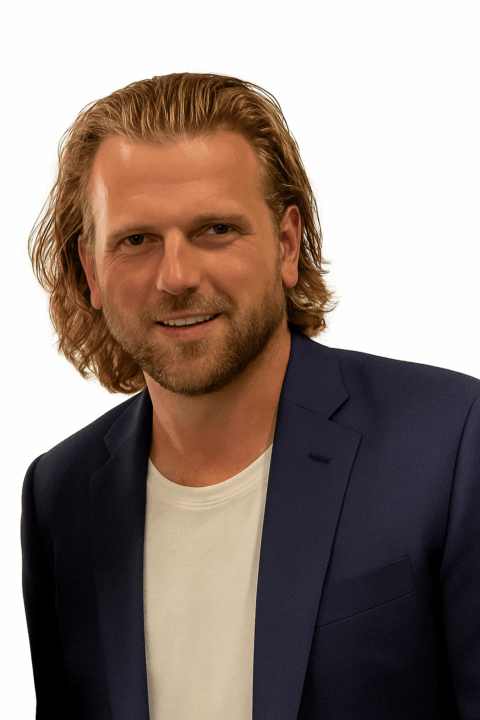Medication-Assisted Treatment in Oregon
QuickMD offers private, judgment-free addiction treatment online in Oregon for substance use disorders, including treatment with Suboxone®.
Book now

Manage opioid cravings and withdrawal with Suboxone® treatment
Learn about treatment
Why choose QuickMD for addiction treatment in Oregon?
Getting care at QuickMD is simple, secure, and accessible. We eliminate the hassle of waiting rooms and insurance. Here’s why thousands of patients trust us for quick, compassionate care:
Same-day
appointments
No insurance
required
Licensed &
certified providers
100% online
appointments
Over 100K+
patients served
Nomemberships
Start treatment with Suboxone® today
At QuickMD, getting your Suboxone® prescription is simple. Schedule a quick phone or video appointment with a licensed provider and we’ll send your prescription directly to your pharmacy.
Why virtual addiction treatment matters in Oregon
Addiction in Oregon isn’t an abstract crisis. It’s personal. It’s lives in the stories people are too afraid to tell out loud: the missed work shifts, the overdoses reversed in gas station bathrooms, the late-night Google searches for help that never came soon enough. For those facing substance use disorders, reaching out for support often means battling fear, shame, and logistical roadblocks all at once.
That’s why virtual addiction treatment isn’t just a modern convenience; it’s a critical avenue to care.
From 2023 to 2024, 1,480 people in Oregon died from drug overdoses, according to the Oregon Health Authority. And while this is a 22% decrease from December 2023 to December 2024, that’s still nearly three people every day. Each one a life cut short, each one leaving behind devastated families and communities. These aren’t distant statistics. They’re the neighbor you waved to, the student who stopped showing up, the loved one who couldn’t find a way out.
How access to addiction treatment is improving in Oregon
Treatment centers are often full. Waitlists stretch for weeks. And in many rural or underserved communities, there simply isn’t a clinic nearby. Add to that the anxiety of being recognized while seeking help, and it’s no wonder people choose to suffer in silence.
But Oregon is trying to rewrite that story.
In 2020, voters passed Measure 110, a bold shift in drug policy that decriminalized small-scale possession of drugs and redirected cannabis tax revenue toward addiction recovery services. Instead of treating drug use as a crime, the state began treating it as a public health issue. The measure promised not just policy change but also a cultural one: compassion over punishment and support over stigma.
Still, implementation hasn’t been easy, and the state continues to evolve its approach. In 2024, House Bill 4002 reclassified drug possession as a misdemeanor but emphasized treatment over incarceration. This law gave counties funding to build deflection programs or local initiatives where police and first responders can redirect people to treatment instead of jail. It’s a critical step in bridging law enforcement and health care, and it reflects the growing consensus that jail doesn’t heal addiction, connection, and care do.
At the same time, the Oregon Health Plan, Oregon’s Medicaid, continues to expand access to behavioral health services, covering not just traditional treatment but also Medication-Assisted Treatment (MAT), peer support, and residential recovery programs.
Organizations like Oregon Recovers and the Health Justice Recovery Alliance are on the front lines pushing for accountability, equity, and resources in addiction care. Their advocacy ensures that recovery isn’t just talked about at the statehouse, but made real in people’s lives.
And this is where virtual addiction treatment is becoming a lifeline. Telehealth programs make it possible for someone to connect with a counselor without leaving their home, to access medication without finding transportation, and to join a support group without fearing someone might see them walk through the door.
This is what progress looks like. Not just more treatment beds, but more ways to reach people, especially those who’ve been left out for too long. Oregon isn’t finished building its recovery system. It’s moving toward one that sees people not as problems to fix, but as lives worth saving.
How our online MAT program helps Oregon residents
Recovery isn’t always a straight line, and access to compassionate, consistent care can make all the difference.
That’s where our virtual Medication-Assisted Treatment program comes in. For people across Oregon, getting to a clinic can be difficult, if not impossible. With QuickMD, you don’t have to rearrange your life just to get the help you deserve.
We offer care that meets you where you are. Through secure online appointments, you can speak with a licensed provider who takes the time to understand your story, not just your symptoms. If medication like Suboxone® is right for you, we’ll help you start and stay on treatment safely and comfortably.
Whether you’re navigating cravings, dealing with withdrawal symptoms, or just trying to feel more like yourself again, we’re here to help with real support, not judgment. Our care is private, respectful, and designed around your needs and your pace. Because healing shouldn’t be out of reach.
Tips for managing addiction treatment
1. Prepare for your ‘gray days’
Some days may feel flat or hopeless, not dramatic, just… heavy. Those days are part of healing, too. Have a plan, whether you decide on a walk, a playlist, a breathing exercise, or texting someone who “gets it.” You don’t need to feel inspired to stay committed. You just need to keep moving forward in your own time.
2. Make your environment your ally
Recovery is hard enough without constant reminders of your past use. If you can, remove or store away anything that triggers cravings, even if it’s just certain music, objects, or old text threads. Replace them with calming cues, like a plant, a recovery quote on the fridge, or a journal by your bed.
3. Don’t compare your timeline
Recovery in Oregon might look different from that in New York, in a city versus a town, or from one person to the next. You may not have a 30-day detox center nearby or a perfect support network. But your pace is valid. You’re allowed to go slow. You’re still healing.
We also offer these services in Oregon
At QuickMD, we’re committed to bringing convenient, affordable, and compassionate virtual care to patients across Oregon. In addition to addiction treatment, we proudly offer:
- Medical Weight Loss
- Urgent Care Services
- Virtual Counseling Sessions

Medical Weight Loss
Our online weight loss treatment helps you explore options like Ozempic® and Mounjaro® with licensed providers, offering support tailored to your health goals.

Urgent Care Services
Get quick, compassionate care for common illnesses online, 7 days a week. Anytime, anywhere.

Virtual Counseling Sessions
Talk to licensed providers to support your mental well-being on your terms, when and where you need it.

Medical Weight Loss
Our online weight loss treatment helps you explore options like Ozempic® and Mounjaro® with licensed providers, offering support tailored to your health goals.

Urgent Care Services
Get quick, compassionate care for common illnesses online, 7 days a week. Anytime, anywhere.

Virtual Counseling Sessions
Get quick, compassionate care for common illnesses online, 7 days a week. Anytime, anywhere.
Start treatment with Suboxone® today
At QuickMD, getting your Suboxone® prescription is simple. Schedule a quick phone or video appointment with a licensed provider and we’ll send your prescription directly to your pharmacy.
Frequently asked questions about MAT in Oregon
Does the Oregon Health Plan cover drug rehab?
Yes, the Oregon Health Plan (OHP) covers a wide range of addiction treatment services. This includes both outpatient and residential treatment, Medication-Assisted Treatment (such as methadone, buprenorphine, and naltrexone), counseling, and peer-delivered support services. Individuals can access care for substance use disorders without needing a referral from a primary care provider. The plan also supports home- and community-based behavioral health services, making it more accessible for people across different parts of the state.
Are there enough providers in Oregon certified to offer MAT?
Oregon is actively working to expand access to Medication-Assisted Treatment for individuals with opioid use disorder. However, there remains a notable shortage of certified providers across the state.
A 2024 report from the Oregon Health Authority (OHA) highlighted that many residential treatment facilities struggle to meet requirements for offering MAT, primarily due to difficulties in hiring or contracting with qualified providers. However, you can access MAT online with our virtual MAT program.
Do I need a referral to access MAT services in Oregon?
No. In most cases, individuals in Oregon do not need a referral to begin MAT. Many clinics, community health centers, and telemedicine providers accept walk-ins or self-referrals for MAT services. This makes it easier for people to start treatment without delays, whether they’re insured through Medicaid, private insurance, or paying out of pocket. However, some programs may have specific intake procedures, so it’s a good idea to contact the provider directly.



